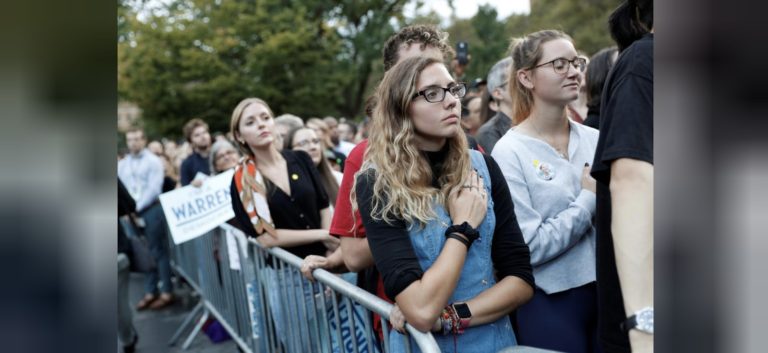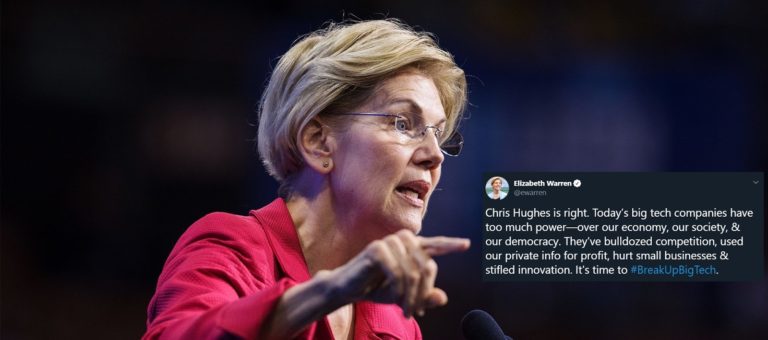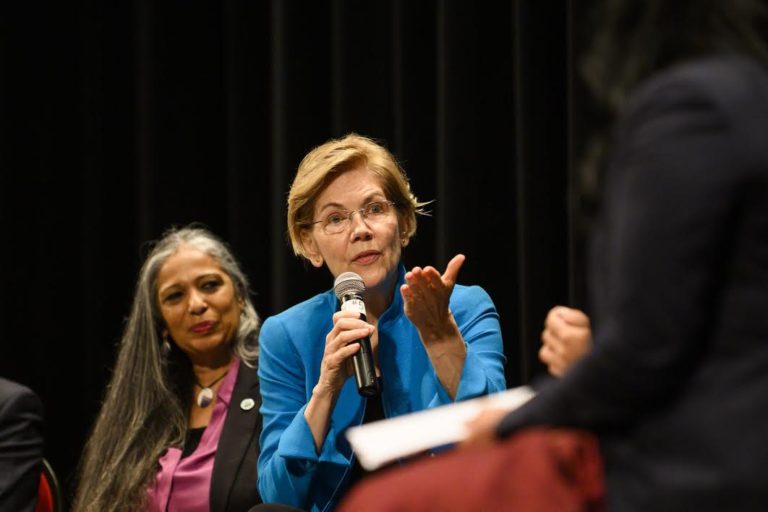Photo courtesy of Gage Skidmore
In early 2019, the Democratic contenders for the 2020 presidential election were described as historically diverse. Five women (Senators Kirsten Gillibrand, Kamala Harris, Amy Klobuchar, and Elizabeth Warren and Congresswoman Tulsi Gabbard), two African-Americans (Senators Cory Booker and Harris), Latino Congressman Julián Castro, Asian entrepreneur Andrew Yang, and openly gay Mayor Pete Buttigieg each mounted campaigns for the highest office in the land, yet all (with the exception of Congresswoman Gabbard, who is effectively finished) have now abandoned their campaigns.
Remarkably, Democrats will be nominating a white man who, if elected, will be the oldest President in United States history: either former Vice President Joe Biden, who is 77 years old, or Senator Bernie Sanders, who is 78 years old. For all the criticism of “old white men” ruining American politics, the Democrats’ 2020 answer to Donald Trump is another old white man. The party’s historically diverse field has vanished, although it should be noted that Senator Sanders would be the nation’s first Jewish president.
Although many of these candidates never rose to the top tier of the vast primary field, which at one point included 25 major presidential hopefuls, in the lead up to the Iowa and Nevada caucuses, New Hampshire and South Carolina primaries, and Super Tuesday, at least three candidates in addition to Biden and Sanders remained competitive: Buttigieg, Klobuchar, and Warren.
Each of these candidates could reasonably claim a path to the nomination. Buttigieg and Klobuchar both sought to win the support of more moderate voters, and both claimed that their backgrounds in midwestern politics equipped them to defeat Trump. Although Buttigieg won the Iowa caucuses and Klobuchar beat expectations in the New Hampshire primary, neither candidate was able to build support among voters of color, and both endorsed fellow moderate Biden after dropping out of the race.
Warren, meanwhile, positioned herself as a unity candidate, defying the conventional notion of liberal and moderate lanes within the party. Pitching liberal policy similar to that of Sanders, combined with comprehensively researched plans and a proven record as an effective legislator, she entered the race as a serious contender, and often placed second in national polls in late 2019.
On the ground, Warren’s field operation was the envy of her rivals—over 1000 staffers based out of more than 100 offices, with a particular focus on early states. At town halls across the country, the Senator was approachable, sticking around after speeches (for more than four hours at her Washington Square Park rally) to take more than 100,000 selfies. And on the debate stage, Warren stood out as competent and feisty, tearing into former New York Mayor Michael Bloomberg, and, according to some observers, ending his campaign (which was ultimately such an insignificant waste of half a billion dollars that I won’t discuss it at length in this article).
Yet, for all her progressive policy expertise, field organizing excellence, and debate prowess, Warren never managed to achieve better than third place in any caucus or primary. Some attribute the Senator’s underperformance to sexism, others to her lack of minority support, and others still to her refusal to conform to either the liberal or moderate lane of the party.
The suspension of Warren’s campaign means that one of the most intelligent and qualified candidates to ever run for President, and perhaps the one most likely to unify warring factions of the Democratic Party, will not be the Democrat who challenges Trump in November. Warren has not endorsed either Biden or Sanders, and it’s not clear if she will do so.
However, if she does make an endorsement, Democrats would be well-advised to listen.



